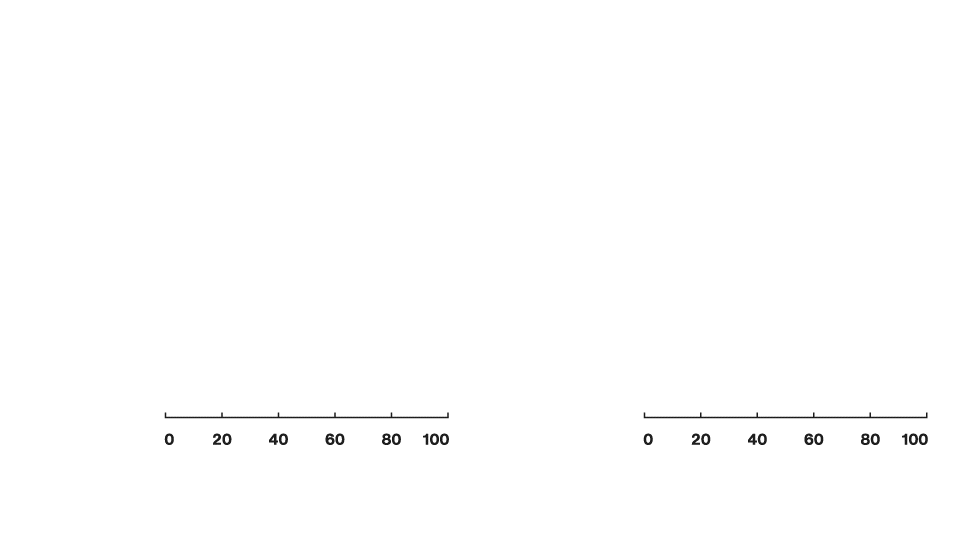Data and Findings
Read about initial findings from the survey and download the data to perform your own analysis.
Download Survey DataDownload Survey InstrumentDownload The Working Paper
Looking at City Leadership around the World
The survey includes responses from 246 cities representing every major geographic region in the world. The response rate is 24.31%.

The first working paper compares responses from city leaders in developed and developing countries. It is important to note that there is significant heterogeneity in these groups and there are other ways the data can be analyzed, including, but not limited to, elected versus appointed city leaders, and big cities versus small cities.
City Leaders Agree on the Need to Prioritize Public Transportation, Walking, and Biking
City leaders in developed and developing countries alike believe their cities have disproportionately prioritized the needs of private automobiles. Across income levels and geographies, approximately 87% of city leaders agreed that streets should be made more accessible to pedestrians and cyclists.

Depending on where Cities are in their Development Trajectory they have different Infrastructure Priorities
Urban infrastructure allows cities to reap the benefits of economic concentration. If infrastructure systems are inadequate, nonexistent, or “splintered,” the economic benefits of urbanization can be lost. If urban leaders had the resources to make large new infrastructure investments, what would they prioritize? The survey asked respondents to rank their top three infrastructure priorities.

Cities in the Global North compared to those in the Global South have more Certainty about their Budgets
Urban leaders can have great ideas for how to close their infrastructure gaps, make their cities more accessible, improve urban quality of life, tackle climate risks, and much more—but if they lack the resources for capital investments, or even for the provision of basic services, their city may continue to struggle. The survey asked city leaders to estimate the share of their city’s budgetary needs that they are confident they can fund in the coming year.

City leaders in the Global North rate their Economies as stronger compared to those in the Global South
City leaders strive to foster conditions that attract businesses to create jobs and contribute to municipal revenue. However, a growing body of research highlights the complex relationship between urbanization, inequality, and well-being. The survey asked city leaders to rate the economic conditions in their city as "good" or "excellent" versus "fair" or "poor."



